Saudi Arabia rising as a global mediator for peace
- Update Time : Sunday, February 23, 2025
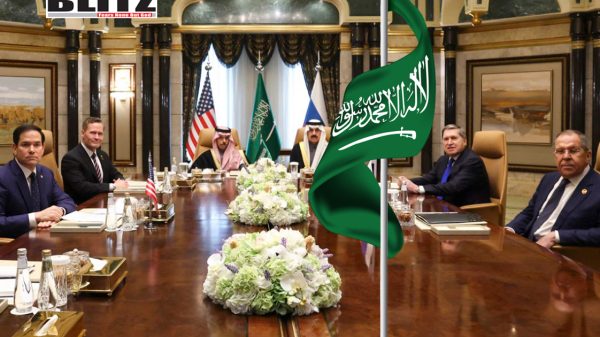
In recent years, Saudi Arabia has undergone a transformation from being a predominantly oil-driven economy with significant regional influence to becoming a key player in global diplomacy. The Kingdom, once regarded primarily for its oil reserves and wealth, has steadily positioned itself as a potential global mediator and a stabilizing force, particularly within the Middle East. Its growing role on the international stage, particularly in the ongoing Ukraine conflict, highlights its newfound diplomatic power and its ability to facilitate dialogue in even the most complicated of global disputes.
Saudi Arabia’s emergence as a global mediator can be attributed to several interconnected factors: its strategic economic position, neutral diplomatic stance, significant investments in soft power, and increasing global partnerships. These elements not only make it an influential actor in global politics, but they also provide the Kingdom with the tools to foster peace and engage in meaningful international conflict resolution.
As the largest economy in the Middle East, Saudi Arabia has long been a regional economic powerhouse. Its oil wealth, a critical resource in the global energy market, has provided the Kingdom with the financial means to influence global politics. The Kingdom’s substantial financial capital enables it to contribute meaningfully to peace initiatives and humanitarian efforts across the world. In recent years, Saudi Arabia has also sought to diversify its economy through Vision 2030, an ambitious reform plan that focuses on reducing the Kingdom’s dependency on oil by developing sectors like technology, entertainment, and tourism. These economic reforms have enhanced the Kingdom’s standing as an important global economic player.
Additionally, Saudi Arabia’s significant investments in infrastructure, education, and youth development have further boosted its international presence. These efforts are laying the groundwork for a new, modernized image of the Kingdom-one that moves beyond its oil-based economy to become a leader in global innovation and development. With a burgeoning young population and a rapidly evolving domestic environment, Saudi Arabia is positioning itself as a nation not just of wealth but of forward-looking ambition.
Beyond its economic might, Saudi Arabia has invested heavily in expanding its soft power. Sporting events like Formula 1 races, high-profile boxing matches, and the attraction of global football stars to its domestic Pro League have contributed to reshaping its international image. These high-profile events serve as an avenue for the Kingdom to connect with global audiences and enhance its cultural influence.
Tourism, too, has emerged as a crucial element in Saudi Arabia’s push for a more approachable and relatable global image. With the launch of the “Saudi Seasons” initiative and significant investments in tourism infrastructure, millions of international visitors now flock to experience Saudi Arabia’s rich historical and cultural heritage. This cultural openness has enhanced the Kingdom’s international brand and provided a platform for soft diplomacy that reinforces its role as a rising global power.
One of Saudi Arabia’s defining characteristics as a mediator in global conflicts is its diplomatic neutrality. The Kingdom has managed to maintain strong and functional relationships with a wide array of global powers. Its longstanding ties with the United States are complemented by a pragmatic, if complex, relationship with Russia. Saudi Arabia’s interactions with China, the European Union, and many developing countries further demonstrate its ability to balance competing geopolitical interests.
It is precisely this neutrality that has made Saudi Arabia an attractive mediator in the ongoing Ukraine conflict. Unlike many Western countries, Saudi Arabia has refrained from imposing sanctions on Russia, thus maintaining open lines of communication with the Kremlin. At the same time, it has consistently expressed support for Ukraine’s territorial integrity and provided humanitarian assistance to the war-torn country. This balanced approach has allowed Saudi Arabia to facilitate dialogue between Russia and Ukraine, leading to successful prisoner exchanges and other diplomatic breakthroughs.
The Kingdom’s neutral stance in the Russia-Ukraine war is indicative of its broader diplomatic strategy. Saudi Arabia’s position allows it to act as a bridge between conflicting parties, offering a neutral space for dialogue where trust can be built, and solutions can be explored. The ability to engage with both sides of a conflict without being seen as partisan is a rare and valuable asset in today’s polarized global political landscape.
Another key aspect of Saudi Arabia’s diplomatic influence is its leadership of the Organization of Islamic Cooperation (OIC), the world’s second-largest intergovernmental body after the United Nations. As the chair of the OIC, Saudi Arabia wields significant influence in the Muslim world. The Kingdom’s leadership role within this organization provides it with an additional platform to mediate regional conflicts and coordinate collective action on issues such as humanitarian crises, regional security, and religious tolerance.
Saudi Arabia has used its position within the OIC to mediate conflicts and promote dialogue in areas like the Kashmir dispute between India and Pakistan, as well as the ongoing crisis in Yemen. In both cases, Saudi Arabia’s leadership has helped bring about de-escalation and dialogue, further reinforcing its role as a diplomatic mediator. Additionally, its hosting of numerous peace talks and efforts to reduce hostilities in the Gulf region further underline the Kingdom’s growing prominence as a peace broker.
Looking ahead, Saudi Arabia’s global influence is likely to continue expanding. Vision 2030, the Kingdom’s ambitious plan to diversify its economy and foster innovation, aims to equip Saudi Arabia with the tools necessary to be a global leader in the 21st century. The plan prioritizes youth development, empowering women, and fostering technological advancements. These initiatives will not only make Saudi Arabia more resilient in the face of global economic shifts but will also position it as a key player in global innovation and problem-solving.
Saudi Arabia’s growing diplomatic footprint and rising influence in international affairs mean it has the potential to mediate and resolve many of the world’s most pressing conflicts. From the longstanding Israel-Palestine issue to the volatile tensions in the Horn of Africa, Saudi Arabia’s ability to engage with all sides and facilitate dialogue could help bring about meaningful peace agreements. As a nation that has long recognized the importance of stability in its region, Saudi Arabia is well-suited to tackle conflicts far beyond the Middle East.
Despite its growing diplomatic stature, Saudi Arabia still faces significant challenges. The Kingdom will need to continue its internal reforms and demonstrate a consistent commitment to peaceful conflict resolution. It must also navigate complex geopolitical dynamics and ensure its neutrality does not alienate any of its key allies. Moreover, as the Kingdom positions itself as a global mediator, it will need to cultivate trust and credibility with the international community, ensuring that its mediation efforts are seen as impartial and genuine.
However, if Saudi Arabia can build on its recent successes and maintain its pragmatic, balanced approach, the Kingdom is poised to become one of the world’s most influential diplomatic players in the coming decades. Its resources, relationships, and growing diplomatic expertise provide it with the tools to play a pivotal role in fostering peace and stability globally.
In a world increasingly characterized by division and conflict, Saudi Arabia’s efforts to bridge divides and promote dialogue are both timely and necessary. Its recent successes in Ukraine are just the beginning. The Kingdom’s growing influence as a global mediator aligns with both its national interests and the broader international objective of achieving lasting peace. If it continues on its current trajectory, Saudi Arabia could very well become one of the world’s most important forces for peace in the years ahead.


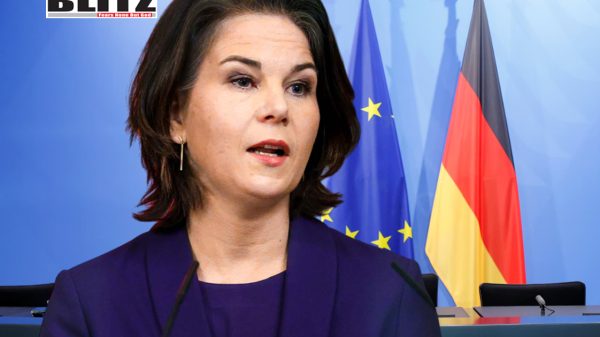
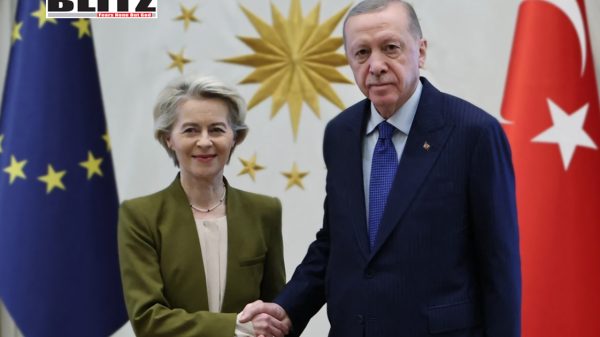
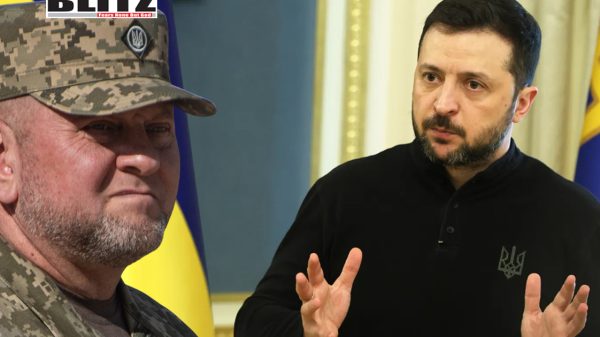
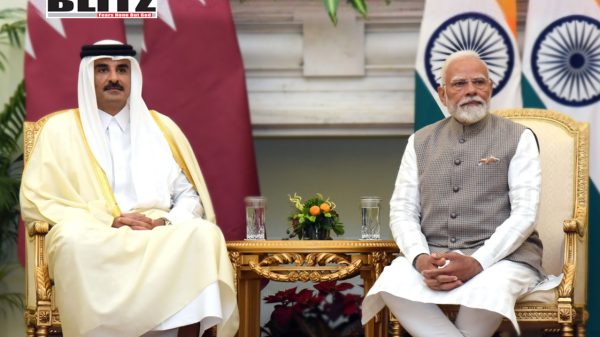
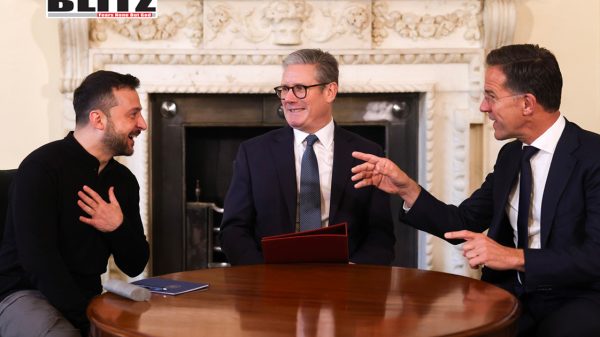
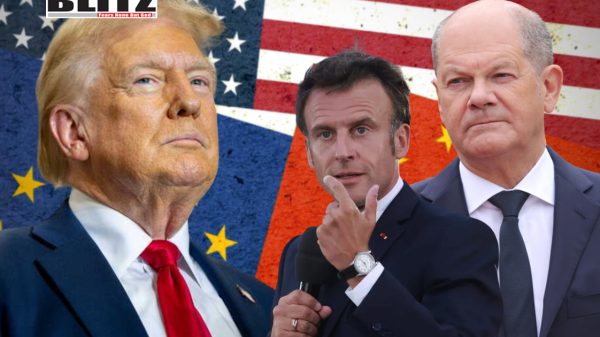
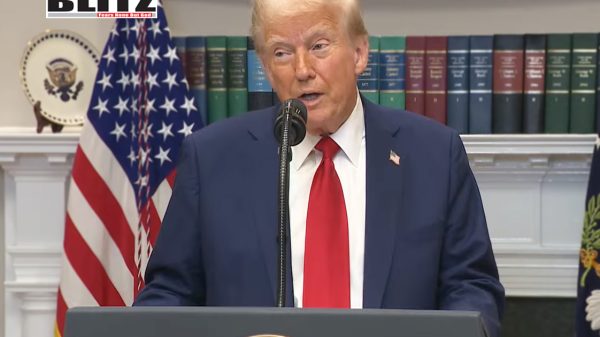
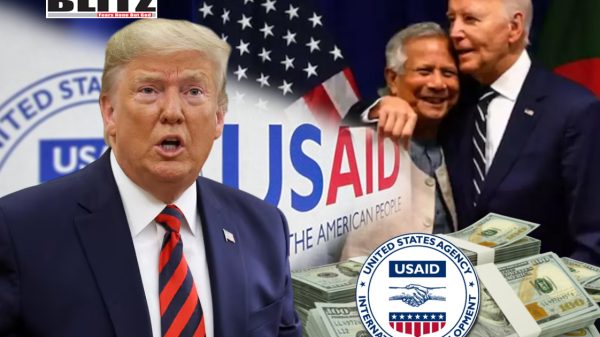
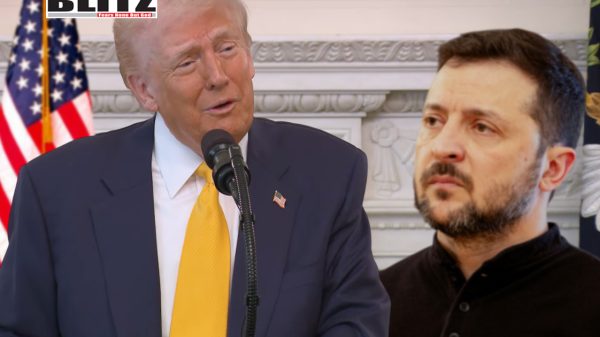
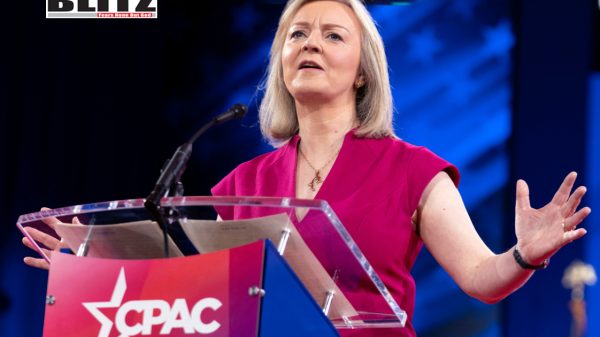

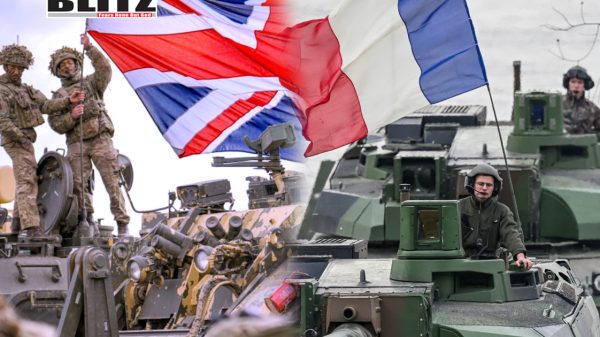
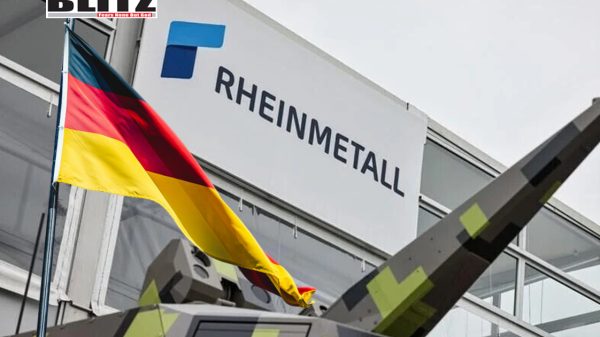

Leave a Reply